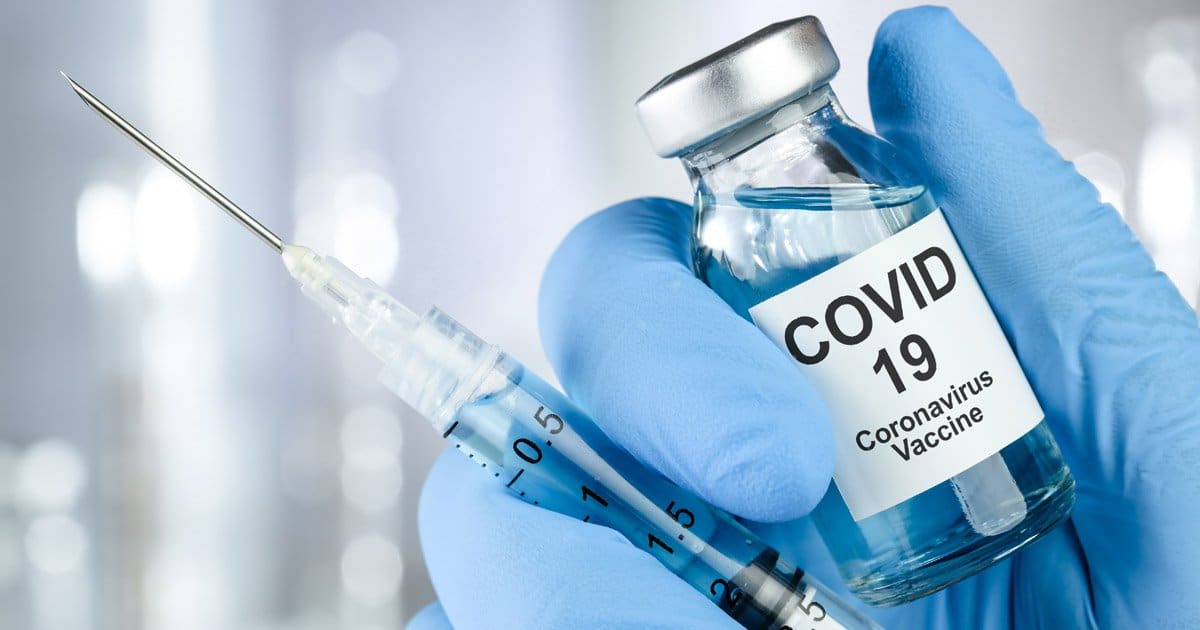TIA CARR WRITES – Over 90% of Chinese citizens say they are willing to take a vaccine for Covid-19. Russians come in at less than 55%. Why?
Surveys show that only around 70% of the global population would be “very or somewhat likely to take a COVID-19 vaccine.” They say trials were conducted too quickly, since the average rate of developing a vaccine takes 5-10 years. And yet, experts say that the unprecedented speed in the COVID-19 vaccine development was due to the unprecedented level of collaboration, funding and the immediacy of the situation-not at the expense of safety protocols.
To review: As economies around the world screeched to a halt after the spread of the novel Covid-19 virus, medical institutions, companies and governments alike pooled resources to develop a vaccine as quickly as possible. Pfizer and Moderna have completed trials, showing high efficacy rates, and both applied for emergency authorization use (EUA) from the US Food and Drug Administration on Friday, November 20. The Pfizer vaccine was developed in collaboration with the German company BioNTech, after completing three rounds of clinical trials and employing more than 43,000 volunteers.
Pfizer’s and Moderna’s reviews with the FDA are slated for December 10 and December 18, respectively. Upon receiving the green light from the FDA, all the trial data has to then be reviewed by the CDC COVID-19 advisory committee. The committee is then likely to allocate the limited doses that exist to essential workers and medical professionals. The vaccines are not estimated to be made available to the general public until the first or second quarter of 2021.
Still, there is considerable resistance. The American case is particularly troubling. COVID-19 cases are the highest they have been since the pandemic began, totaling over 150,000 per day. With ICU and hospital beds nearing or at capacity, the vaccine has the potential to critically help the country begin its recovery. In addition, the virus came to the US in an unusually difficult political climate, with polarization at an all-time high over the presidential election. Experts expect pushback to the vaccine. Dr. Mati Hlatshwayo Davis, from Washington University School of Medicine in St. Louis, cites the politicization of the virus as America’s greatest failure in handling the pandemic, because now public trust in health and government officials is extremely low. This makes the possibility of making the vaccine mandatory little to non-existent in the States.
To develop “herd immunity,” or general public resistance to the virus, experts say that at least 70% of a population needs to be inoculated. Whether polarization will continue to allow the pandemic to spiral out of control will depend on public health experts’ collaboration with existing community leaders in order to help build trust in, and expedite, the process of administering the vaccine. This approach helped control the HIV epidemic. Will it again prove effective, with Covid-19?

